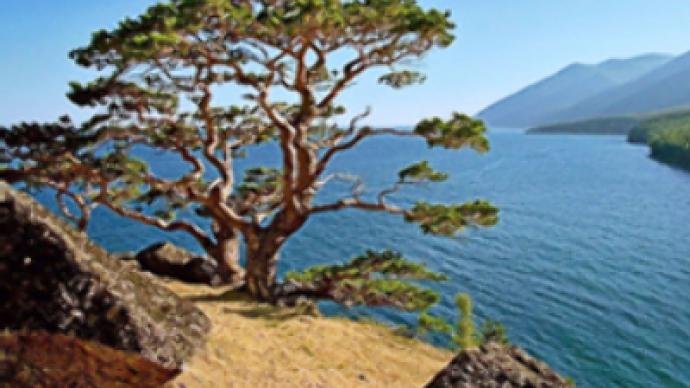Global warming threatens Lake Baikal

The latest data collected by Russian and American scientists defies the theory that world’s largest bodies of water resist and help fight global warming. Sixty-year long studies show that the water temperature has risen by 1.21 degrees Celsius, chlorophyl
All this affects the unique animal life and vegetation of the lake and area around it, and signals that global warming now affects even the most remote areas of the planet. In the report published by the Global Change Biology Journal, the scientists say Baikal joins other large lakes like Superior, Tanganyika and Tahoe in showing signs of warming.
The Siberian lake of Baikal has been declared a World Heritage site by UNESCO for its biological diversity, which boasts 2,500 plant and animal species, most of which are found nowhere else in the world. The lake contains 20 per cent of Earth's freshwater and is large enough to contain all the water in the American Great Lakes. At 25 million years old, it’s also the world’s deepest and oldest lake, predating the emergence of humans.












